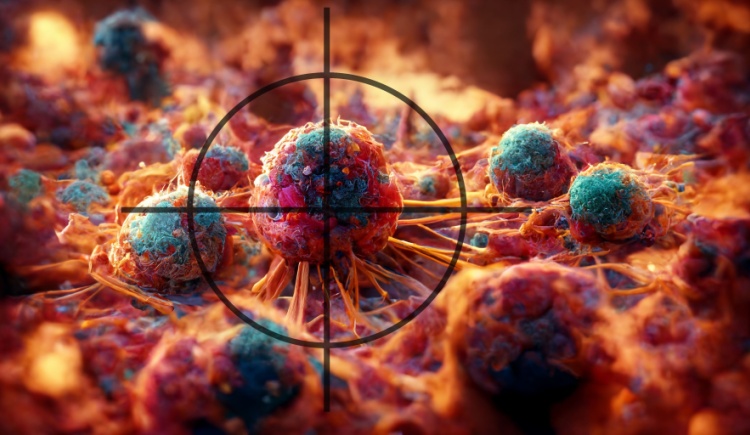Respiratory viruses, such as H1N1 influenza, can lead to severe pneumonia and acute respiratory distress syndrome (ARDS), both of which hyperactivate the immune response. This overactivation can result in a dysregulated immune response, contributing to severe immune-mediated lung damage and systemic hyperinflammation. Recent studies suggest that these uncontrolled inflammatory responses may be partly due to abnormalities in the populations of immunosuppressive cells.
The human blood supply is continuously replenished by newly generated blood cells from a small pool of dedicated stem cells in the bone marrow. These stem cells divide while maintaining their stem-cell properties, ensuring that the life-sustaining source of blood in the bone marrow remains intact. These stem cells are what are extracted from donors for transplantation in patients with cancers such as leukemia, who require bone marrow transplants. However, the availability of blood stem cells for transplantation is limited.




